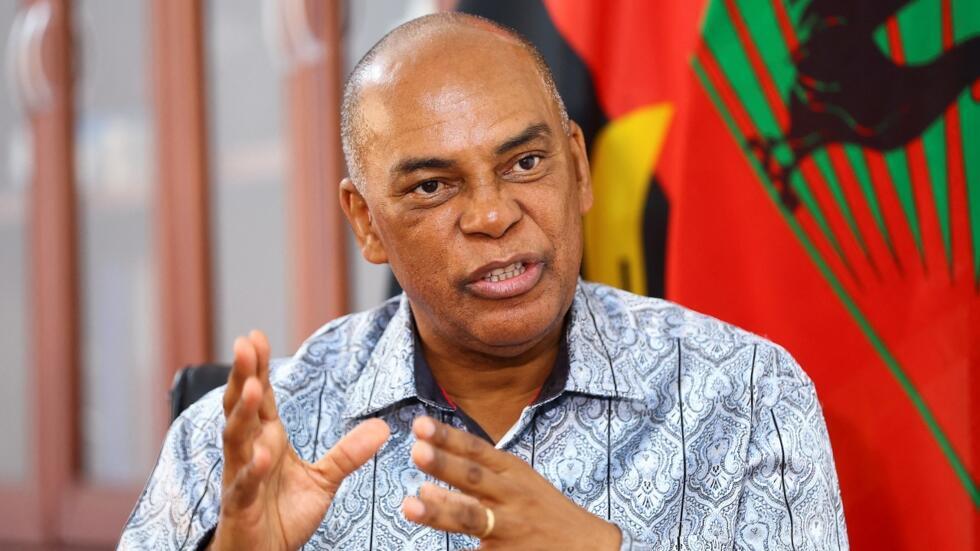UNITA leader rejects pre-election constitutional changes amid pressure over presidential term limits

The leader of Angola’s main opposition party, Adalberto da Costa Júnior, has firmly ruled out any support for revising the country’s Constitution before the upcoming elections, warning against political maneuvering aimed at extending presidential term limits.
Speaking at the third edition of the “Economy 100 Makas” forum led by journalist Carlos Rosado de Carvalho, the UNITA president confirmed he had received indirect overtures proposing constitutional amendments that would potentially allow President João Lourenço to seek a third term in office.
“I will say that this has already happened, unfortunately. The approaches have been made, unfortunately, with several emissaries, and, fortunately, for those who are here, there has never been and there will never be a possibility,” said da Costa Júnior.
Angola’s current Constitution allows for two presidential terms of five years each.
President Lourenço is presently serving his second and final term under this framework.
Although no formal proposal has been submitted, da Costa Júnior warned against what he described as covert attempts to shift the political landscape in favor of power retention.
“These contacts were not made directly in the audiences with the President but through emissaries, whose contacts were later denied,” he stated.
“This should not be the approach to building a future.”
The UNITA leader denounced what he called a culture of “purchasing personalities” and “envelope politics,” asserting that he and his party remain opposed to any form of constitutional revision that does not align with democratic principles.
While acknowledging that Angola’s Constitution needs a review, da Costa Júnior stressed that such reform should follow a political transition, not precede it.
“We will associate the proposal for constitutional review with the alternation project,” he said.
“This means that we will not anticipate the review of the Constitution in the next elections.”
He warned that similar revisions in the past had led to the nullification of existing mandates, describing the current push for changes as part of a continental trend to avoid relinquishing power.
“We closely follow something that is recurrent on our continent.
When the limits are reached, everything is done to avoid leaving power,” he added.
Da Costa Júnior also criticized recent legislative proposals in the National Assembly as “undemocratic,” alleging they are part of a broader strategy to retain power by legalizing new political parties and fragmenting the opposition.
“Today we have at least 12 new parties, and others will probably follow.
All of this is focused on limiting and obtaining difficulties at a high political level,” he said.
During his extended address at the event, the UNITA president outlined his party’s vision for Angola, highlighting urgent economic reforms, job creation, media freedom, and institutional transparency.
“In our view, it is not about changing parties but about changing the system,” he concluded. “We want to break the party-state cycle and build strong institutions, with justice, free press, a fair minimum wage, and youth employment.”
About The Author
dailymailafric
I am an avid African news observer, and an active member of Daily Mail Africa.
I’m Passionate about staying informed on diverse topics across the continent,
I actively contribute to publishing on political, economic and cultural developments in Africa.



